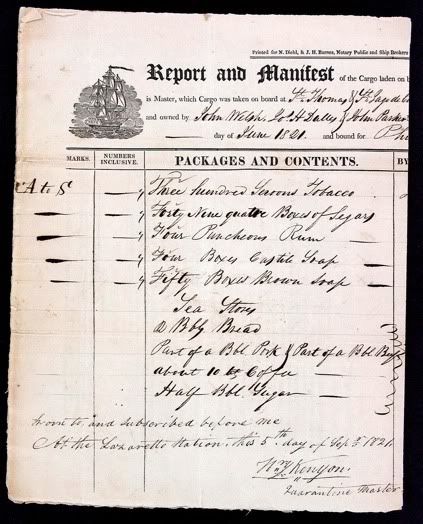Regarding the abbreviation for pounds. As correctly pointed out it is derived from the Latin word libra (pound) but it is abbreviated as lb, preferably without a period. lb is also the abbreviation for the plural, librae (pounds), never with an "s" at the end (which might be intended as an English-language plural), lb should always be lower case. lb is both the official abbreviation and the international symbol (symbol can never have a period and must be lower case). The symbol lb would recognized in all languages as pound/pounds, with 1 lb = 453.59237 g exactly.
Which brings up the point that muzzle energy is rated as ft·lb or the more modern technical designation of ft·lbf meaning foot-pound-force. lbf, pound-force refers to a force of 1 pound as opposed to a mass of 1 pound.
Probably more than most people ever wanted to know about the matter. And yes, almost all gun writers write it wrong.
Revision for precision: Rather than my reposting, let me revise "all languages" above to what I really mean, namely all countries who have occasion to use the pound. Obviously, some languages are not even written, and many people have never even heard of the pound.
Which brings up the point that muzzle energy is rated as ft·lb or the more modern technical designation of ft·lbf meaning foot-pound-force. lbf, pound-force refers to a force of 1 pound as opposed to a mass of 1 pound.
Probably more than most people ever wanted to know about the matter. And yes, almost all gun writers write it wrong.
Revision for precision: Rather than my reposting, let me revise "all languages" above to what I really mean, namely all countries who have occasion to use the pound. Obviously, some languages are not even written, and many people have never even heard of the pound.
Last edited:

